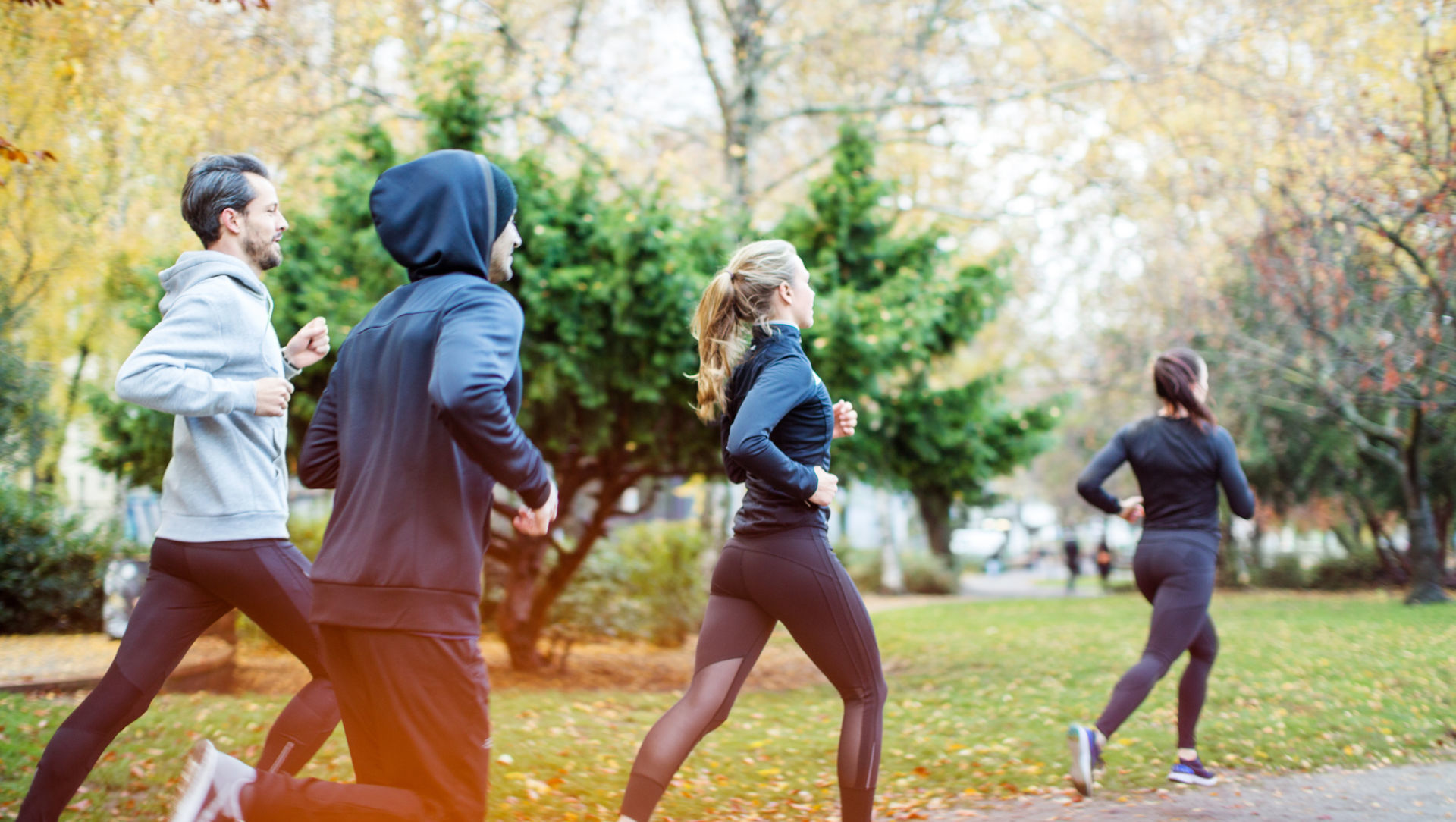When it comes to diabetes, today, there is talk of a pathology whose incidence, in Italy and in the world, is constantly increasing. Just think that in our country about the 5.3% of the population is affected by diabetes. The risk factors for diabetes also include the parallel growth of diseases such as obesity e metabolic syndromecaused by wrong lifestyles characterized by a sedentary lifestyle and incorrect nutrition. Having an active life, on the other hand, is essential both to prevent diabetes and to support treatment treatments in diabetic patients.
To practise physical exercise regularly, in harmony with your state of health is essential because it helps to keep weight under control, reduce blood sugar and blood pressure and increase insulin sensitivity and HDL cholesterol, the so-called “good cholesterol”. In addition to targeted workouts, it is useful to change your daily habits, for example by getting used to making more journeys on foot or by bicycle, or by choosing the stairs instead of the elevator.
Let’s deepen the subject with Dr. Marco MiraniSection Head of Diabetology in Humanitas.
What is diabetes
Diabetes is a disease characterized byincreased blood sugar levels. When the patient has a defect in the action ofinsulin, the hormone produced by the pancreas that keeps blood glucose levels stable, diabetes develops. This can be of two types: the type 1 diabetesa rarer and very severe form associated with the total absence of insulin due to the action of autoantibodies, and the type 2 diabetes, which affects approximately 90% of diabetic patients. Type 2 diabetes is generally caused by insulin resistancetherefore, by a decrease in the capacity of action of insulin, which leads to an increase in the hepatic production of glucose and, at the same time, to a lower consumption of this by the muscles.
If it is not possible to prevent type 1 diabetes, the discussion changes when it comes to type 2 diabetes. lifestyle plays a crucial role in terms of prevention: a balanced diet and regular physical activity help reduce blood sugar levels.
Diabetes: therapy, blood sugar control and lifestyle
Diabetes, if neglected, can lead to the development of complications to the cardiovascular system, kidneys, eye, nerves, which can heavily affect the quality of life. The patient with diabetes must therefore adopt a healthy lifestyle and a balanced diet and strictly follow them therapy, which include drugs that normalize blood sugar and, if necessary, also medicines to control other complications of the disease. For optimal management of this pathology, the diabetes specialist can make use of the support of other professionals such as dietician, cardiologist, nephrologist, neurologist and ophthalmologist. Finally, an element of fundamental importance in the treatment of diabetes is theself-monitoring of blood glucosewhich depending on the type of diabetes and its severity, can be done a few dozen times a year or even daily.
A diagnosis of diabetes the organization of the patient’s life thus changes.
With this, however, we must not think that diabetic patients cannot lead a normal life or have to follow particularly limiting diets. In fact, anyone with diabetes can eat it all and it will be the specialist who will indicate which foods are to be consumed in moderation and in small quantities; in general it is fine avoid excesses from carbohydrates (rice, sweets) e grassi (fried, red meats) and favor vegetables and fruit in the right quantity.
Diabetes: the benefits of physical activity
Me too’physical activity, as we have said, it contributes to the control of diabetes. In fact, sport allows you to improve yourinsulin sensitivity and, therefore, the patient’s metabolic parameters. Despite the importance that physical exercise plays in the context of the treatment of the disease, the data are not encouraging: it is in fact only the 20% of patients with diabetes to play sports regularly. Obviously, sports activities must be performed in agreement with your doctor and according to your physical conditions, but you must try to have a life as active as possible.
Diabetes: what sport to do?
Those who are not in a position to play sports can start with moderate exercises: walkfor example, even without putting too much effort into it, it is an excellent activity that should be carried out for about 30 minutes a day 5 times a week. Moreover, those who are diabetic can try the so-called “interval training”, That is the alternation of slow and fast walking: a type of exercise that helps control blood sugar and is good for the cardiovascular system. Also it stretching it is useful, because it helps to improve the muscle flexibility and to increase the level of performance. In general theaerobic activitysuch as walking, yoga, pilates or cycling, in addition to being practicable by almost everyone, it is also the one that brings greater benefits to the metabolism.
On the other hand, the nordic walking, which involves the use of hiking sticks. This activates the musculature of arms and torso and the boost also increases energy expenditure, promoting body weight reduction and training cardiorespiratory capacity. In any case, those who are trained can now devote themselves to the sport they prefer, and also to sports once considered forbidden to diabetic patients (e.g. mountaineering, parachuting, scuba diving): thanks to new control technologies, in fact, the management of blood sugar is simpler and more precise and it is much easier than in the past to prevent hypoglycemia and, therefore, reduce the risk of losing consciousness at times when it could be particularly dangerous.
Specialist in Endocrinology and Replacement Diseases
Visits and exams
The numbers of Humanitas
